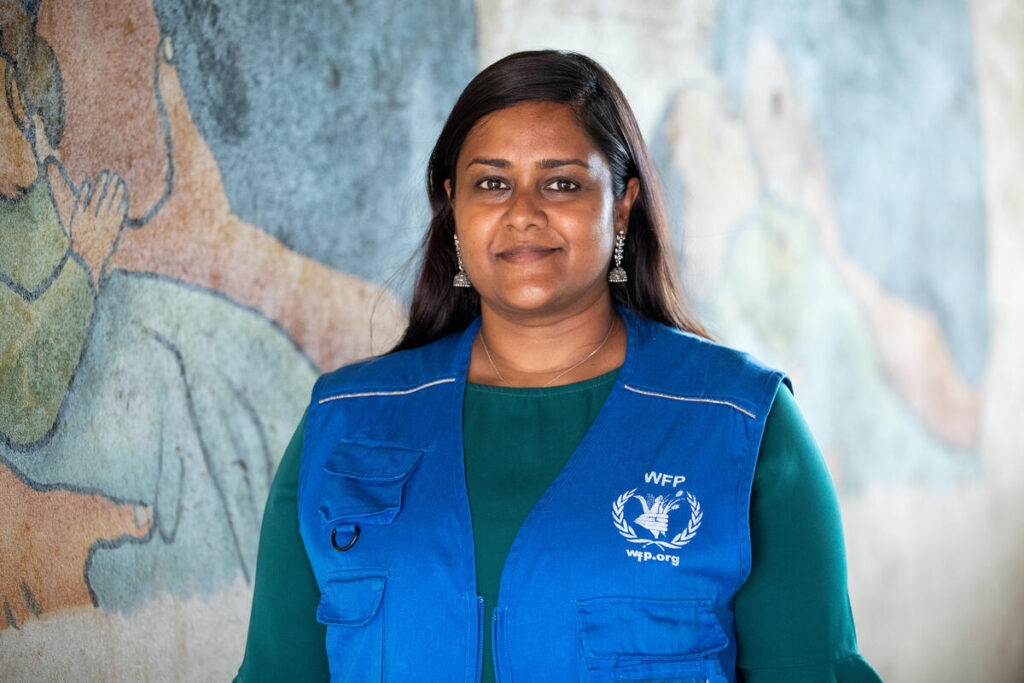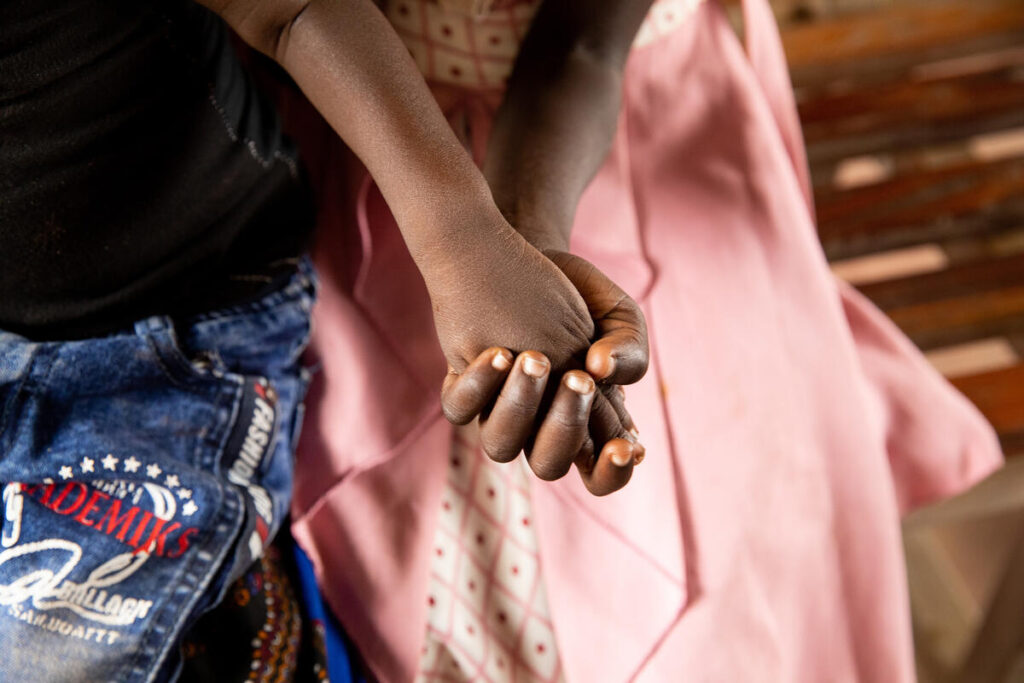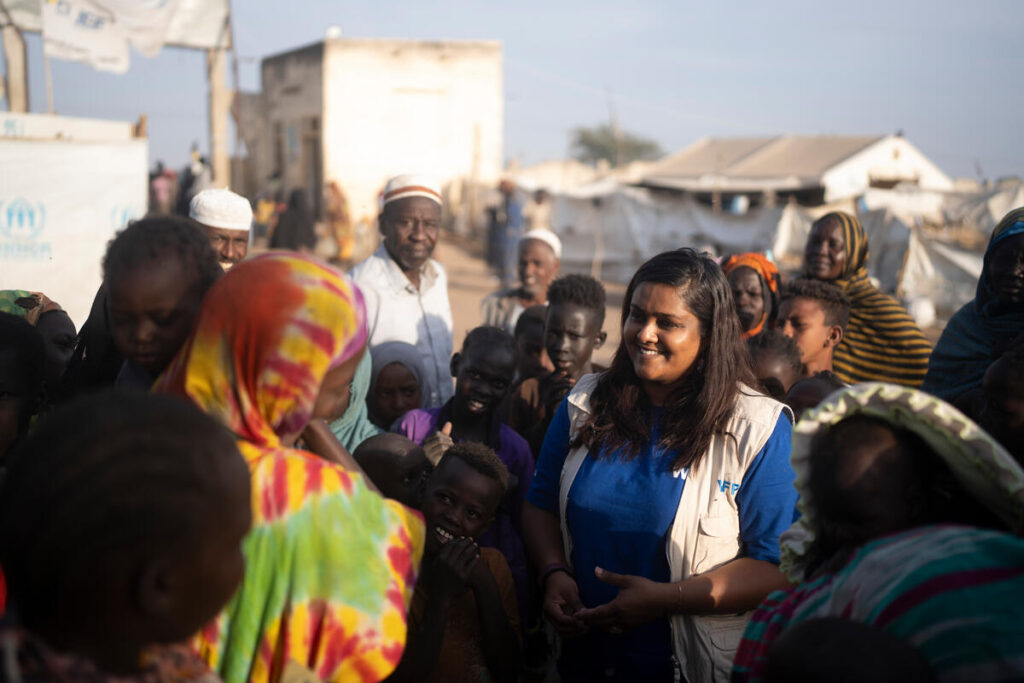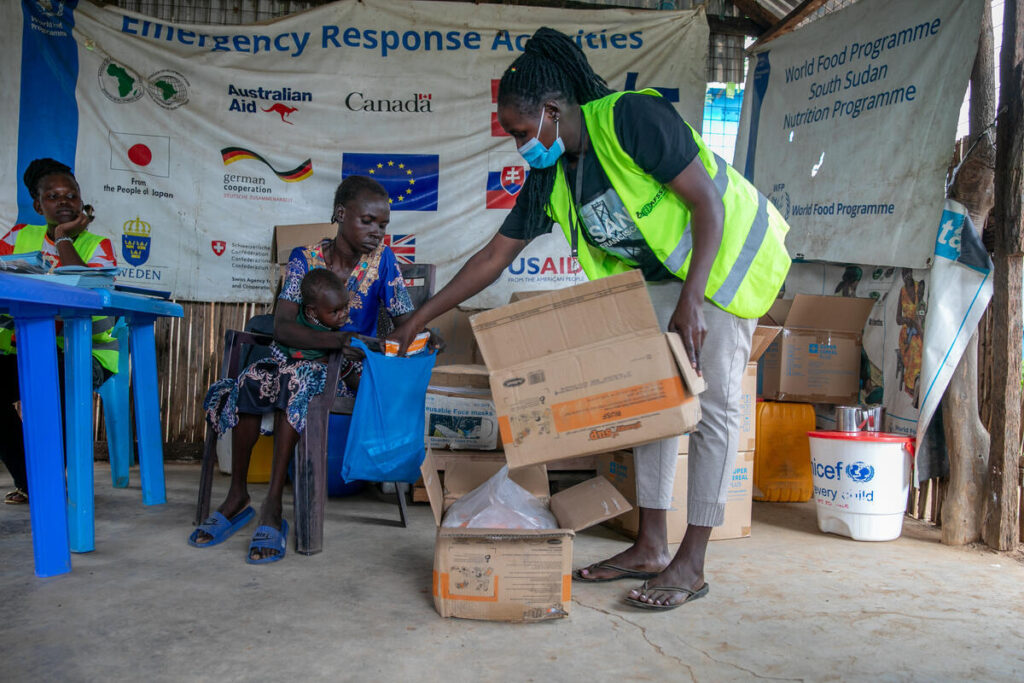A Glimpse Into the Work of a Humanitarian in South Sudan

What motivates a humanitarian worker? Aachal Chand, head of nutrition for the United Nations World Food Programme (WFP) in South Sudan, gives us a glimpse into what inspires her work.
What Motivates a Humanitarian in South Sudan
The U.N. World Food Programme employs over 23,000 staff members, 87% of whom work in the field including Aachal. Aid workers face many challenges, especially in crisis zones. They are often away from their families and live in harsh conditions. After 16 years and counting with the U.N. World Food Programme, Aachal remains motivated by three factors. The first is that she believes in the U.N. World Food Programme’s mission and knows she can make a difference in the lives of those we support.
“I think there is no greater motivation than trying to make someone else’s life better than our own. When you come to (nutrition) centers like this one, seeing a child that has enrolled into the program and three months later is discharged as a happy, healthy and smiling baby, I think that’s really great.”

Her second motivation is working on a team with great people. “I have a really fantastic team. When you work with good people, that really motivates you.”
The third motivation for Aachal is remembering her journey to working with the U.N. World Food Programme.
“I am from a developing country. I was born in Fiji, in the Pacific Islands, and I grew up seeing poverty and food insecurity around me. As I grew up, I think somewhere at the back of my head, I wanted to give back to the community. And humanitarian work, especially with an agency that’s on the frontlines like the WFP, is one of the ways I can do that. So that is my greatest motivation. That has helped me stay grounded.”

Rising Needs and Dwindling Resources in South Sudan
South Sudan faces an unprecedented hunger crisis, with 7.1 million people facing acute levels of food insecurity. Millions of refugees have fled the violent conflict in neighboring Sudan and poured into South Sudan. The ripple effects of the war have pushed up the cost of basic foods in South Sudan while the threat of severe flooding looms in the coming weeks. These shocks threaten to push more families into dangerous levels of hunger.
U.N. World Food Programme staff also face tremendous challenges in their work. South Sudan has only 125 miles of paved roads, making access to communities difficult. We also face an ongoing funding gap which has forced us to prioritize assistance based on need.
Aachal explains that “the hardest part (of my work) is not having enough resources to meet the needs that exist. And I’ve seen that in so many countries. In South Sudan, it’s exceptionally challenging because we have so many people in need, and we don’t have the resources that we need. Deciding on who to prioritize, deciding on where to cut assistance or where to reduce assistance is really gut-wrenching.”

In South Sudan, the U.N. World Food Programme implements projects that promote peace and economic opportunities in communities that have been affected by conflict. Through these livelihood programs as well as food, cash and nutrition assistance, the U.N. World Food Programme reached 5.6 million people in 2023.
Your Support Makes an Immediate Impact
In places like South Sudan, the U.N. World Food Programme continues to deliver vital assistance to communities in crisis. We’re there before, during and after upheaval to help people survive, recover and rebuild.
“Every little [bit] helps,” Aachal explains. “It’s the supporters of WFP that keep us going, that keep the communities going, and any kind of support is valuable support. It makes a difference to the lives of human beings. And we are very thankful to people who are supporting WFP.”
“We know people have lots of priorities and lots of things to focus their funds on. But we are really grateful to people who decide to help WFP. Their contribution really makes a difference.”




